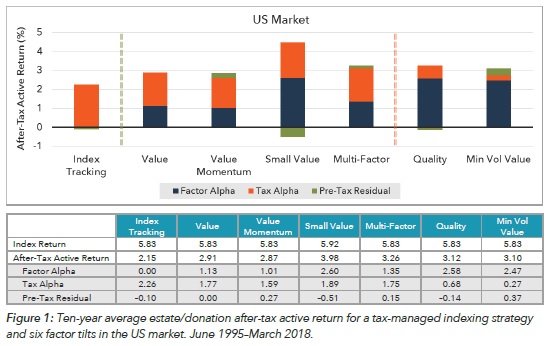Seasonality Patterns in the Crisis Hedge Portfolios
Building upon the established research on market seasonality and the potential for front-running to boost associated profits, this article investigates the application of seasonal strategies within the context of crisis hedge portfolios. Unlike traditional asset allocation strategies that may falter during market stress, crisis hedge portfolios are designed to provide downside protection. We examine whether incorporating seasonal timing into these portfolios can enhance their performance and return-to-risk ratios, potentially offering superior risk-adjusted returns compared to static or non-seasonal approaches.


